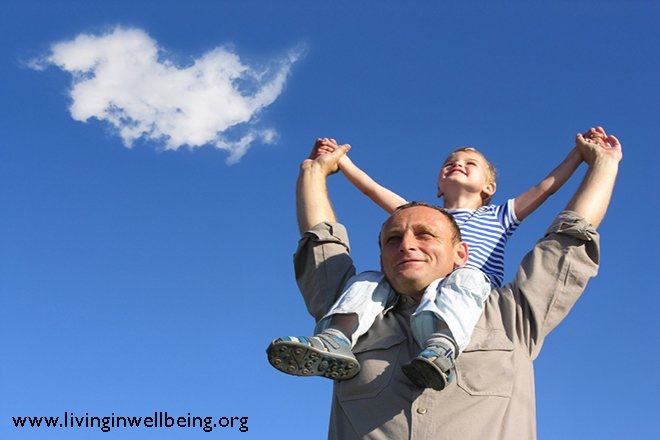
How do I treat acne?
Acne or pimples can occur in newborns as well as adolescents. Cleaning the skin with a mild soap may be all the treatment needed for the newborn. Adolescents acne can be more intransigent. It is not due to dietary indiscretion. Topical treatment with a skin cream containing 10% benzyl peroxide may be tried. A low dose of antibiotic in helpful. Severe acne can be treated with topical retinoic acid (Retin-AR), but it is important to stop the benzyl peroxide first.
My daughter is developing breasts rather early. Is there something wrong?
Normal girls develop their breasts after 8 years of age. Breast development prior to 8 years is premature. Isolated breast development is benign, but the cause should be established. If pubic hair or menstruation's accompany the breast development, then this may associated with precocious puberty. Referral to a child specialist is necessary for diagnosis and treatment.
My teenage child is becoming increasingly disobedient and displays delinquent behaviour. What can I do?
As the adolescent establishes his own independence, he becomes less restrained by the impositions placed upon him. In a sense, if he misbehaves now, you have missed the boat in trying to instil the principles of good behaviour. Nevertheless, you can try to confine his flamboyant behaviour to certain areas and times of the day. This may require delicate negotiations. Certain types of behaviour cannot be tolerated and this includes cheating, lying, stealing and violence. Punishment of the teenager is very different from the younger child. Withdrawal of privileges is one effective form of discipline.
What is anorexia nervosa?
Anorexia nervosa is a condition in which adolescent and young adult females willfully forgo food in pursuit of thinness. They may have such a relentless desire to lose weight that they become mere skin and bones. The pop singer Karen Carpenter suffered from anorexia nervosa and died of it. This condition is uncommon in males. Referral to a specialist in adolescent medicine or psychiatry is essential. Treatment is best undertaken by family therapy, which includes drawing up of a contract between the patient and her family. Positive rewards will reinforce the patients ability to gain weight and withdrawal of privileges (such as watching television or the use of a telephone) if there is continued weight loss.
What is the earliest age that I can send my child to day care without causing psychological trauma?
There are many factors that we need to know before this question can be answered. Firstly, what is the quality of care at the day care centre? Are there sufficient experienced staffs at the centre? How many hours will the child be there? By and large, babies can tolerate changes in environment very well. The 3 or 4 year old leaving home to enter strange surrounding may find it harder home to adapt unless is a gentle phased transition from home to day care centre. Generally, after a few days even toddler who has been crying everyday will get used to the centre.
Are they any long-term side effects if I foster out my child at an early age?
There are no published scientific studies on this, as far as we are aware. There are considerable variations in response to fostering, from one child to another. However, it is our impression that children who are fostered for long periods of time, tend to be harder to re-integrate back into the family. They may be more disobedient to their elders and they may resent the new restrictions placed upon them when return home.
My spouse and I are working. How can we best care for our children?
If both of you are working, then obviously there is a need for someone else to look after your child. The choice of a relative, a maid, foster parents, or day care, all depends upon your own circumstances and the perceived quality of the car-taker whom you will be entrusting your child. Whichever choice you make, ensure that you see your child everyday if possible and spend at least a few hours with him. There is no need to feel guilty about pacing him under the care of others and to shower him with toys or give him extra titbits to eat. Love and close interaction are far greater gifts that you can give your child than material goods.












